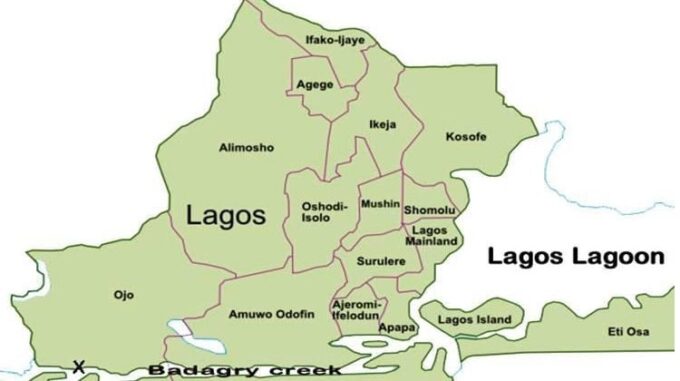
Former Nigerian international footballers, Mutiu Adepoju and Victor Agali, have said that the future of football in the country lies in the discovery and development of budding stars.
Adepoju and Agali spoke in Aramoko Ekiti on Wednesday during the final match of the Mayegun Ademola Adetifa Foundation (MAAF) 2025 Games Competition.
Team Isao 1 won the second edition of the football competition after defeating Team Oke Oja 2 in the well-attended final match by four goals to three, while Team Oke Oja 1 emerged as second runner-up.
Adepoju said he and Agali were in Aramoko Ekiti for the final match with a view to discovering budding talents who could be nurtured for development.
After watching the match, the ex-international said, “Definitely, there are good talents here. We have seen some good players that can be brought up. We are here to see them and every other thing will come later. We will do our best to make sure that we invite the talents or do something about it so that they will be invited.”
Adepoju appealed to governments “to continue to support football talents in clubs and academies. They should also continue to give them an enabling environment for sports development.”
Corroborating him, Agali lauded the organisers of the tournament for their efforts towards the discovery of young football talents for development.
The former footballer said, “We have seen some interesting young players here. The next thing is to follow up after the final. We will continue to do our best individually and as a corporate entity.
“We can’t leave it in the hands of the government alone, so we will continue to do our best. Likewise, the people who have put this tournament together are doing their own best. We just have to put our efforts together to advance soccer and sports generally in the country,” Agali said.
The founder of MAAF, Ademola Adetifa, said the football games initiative was aimed at promoting young talents in his Aramoko Ekiti hometown and helping them become global stars in the world of football.
Adetifa said, “We believe that with the right guidance and support, these young individuals can go on to achieve great things and make a name for themselves in the international football arena.
“Apart from talent discovery, we are also doing this to encourage and promote unity and love within our community, Aramoko Ekiti.”
Adetifa, who said that former football stars were invited to encourage the youths and advise young talents on how to become renowned stars, hinted that the foundation was considering stars like Austin ‘JJ’ Okocha or Kalu Nwankwo for the 2026 edition.


















Leave a comment